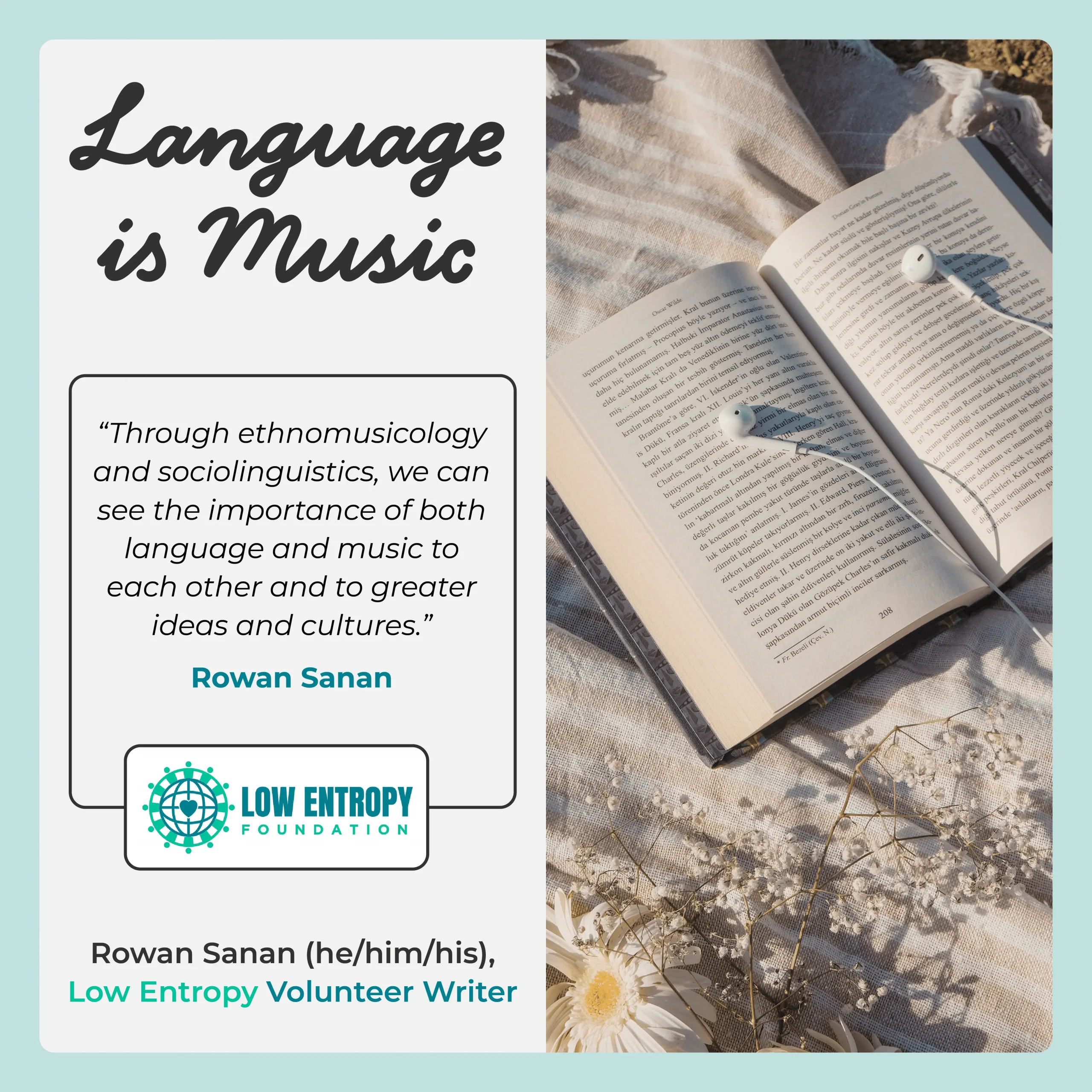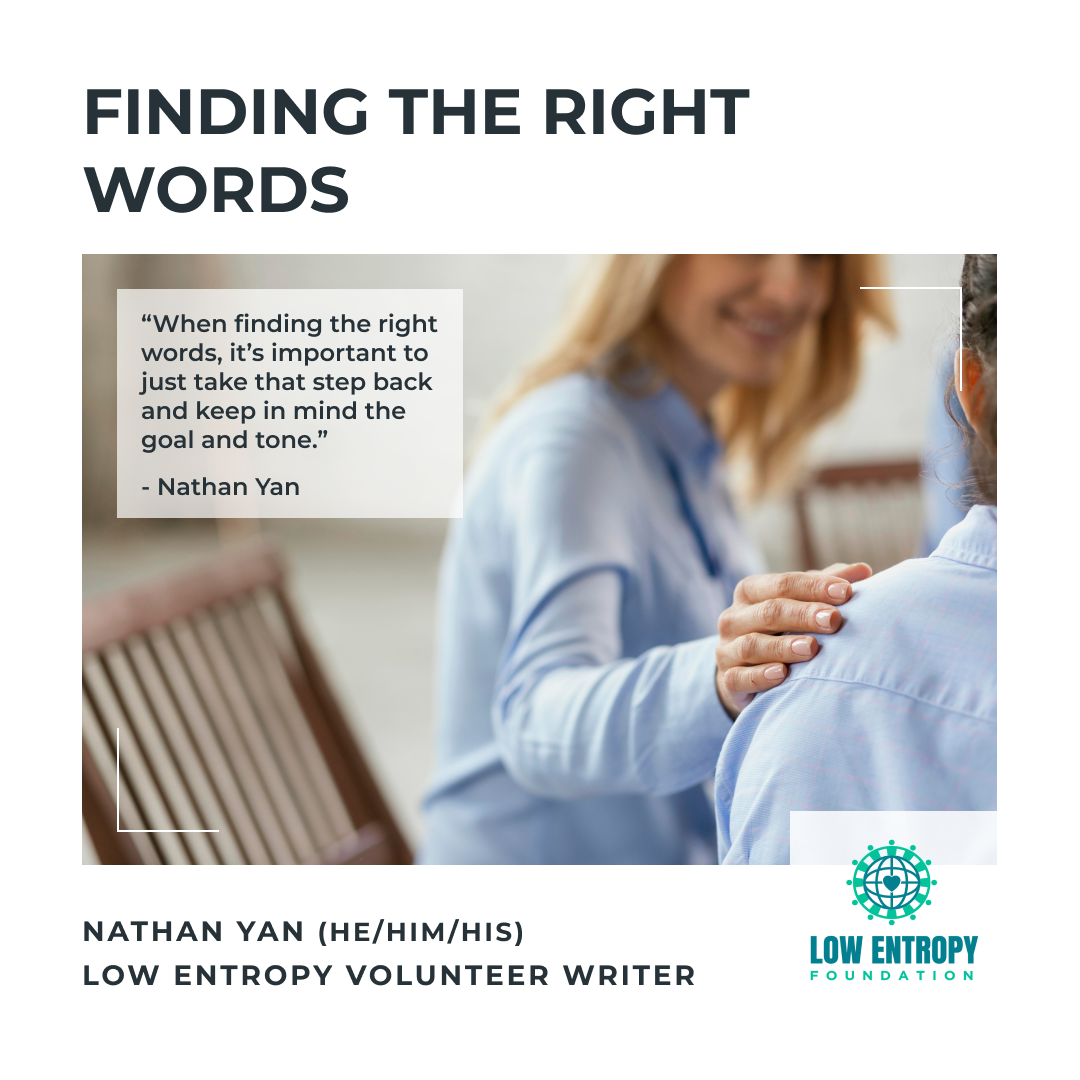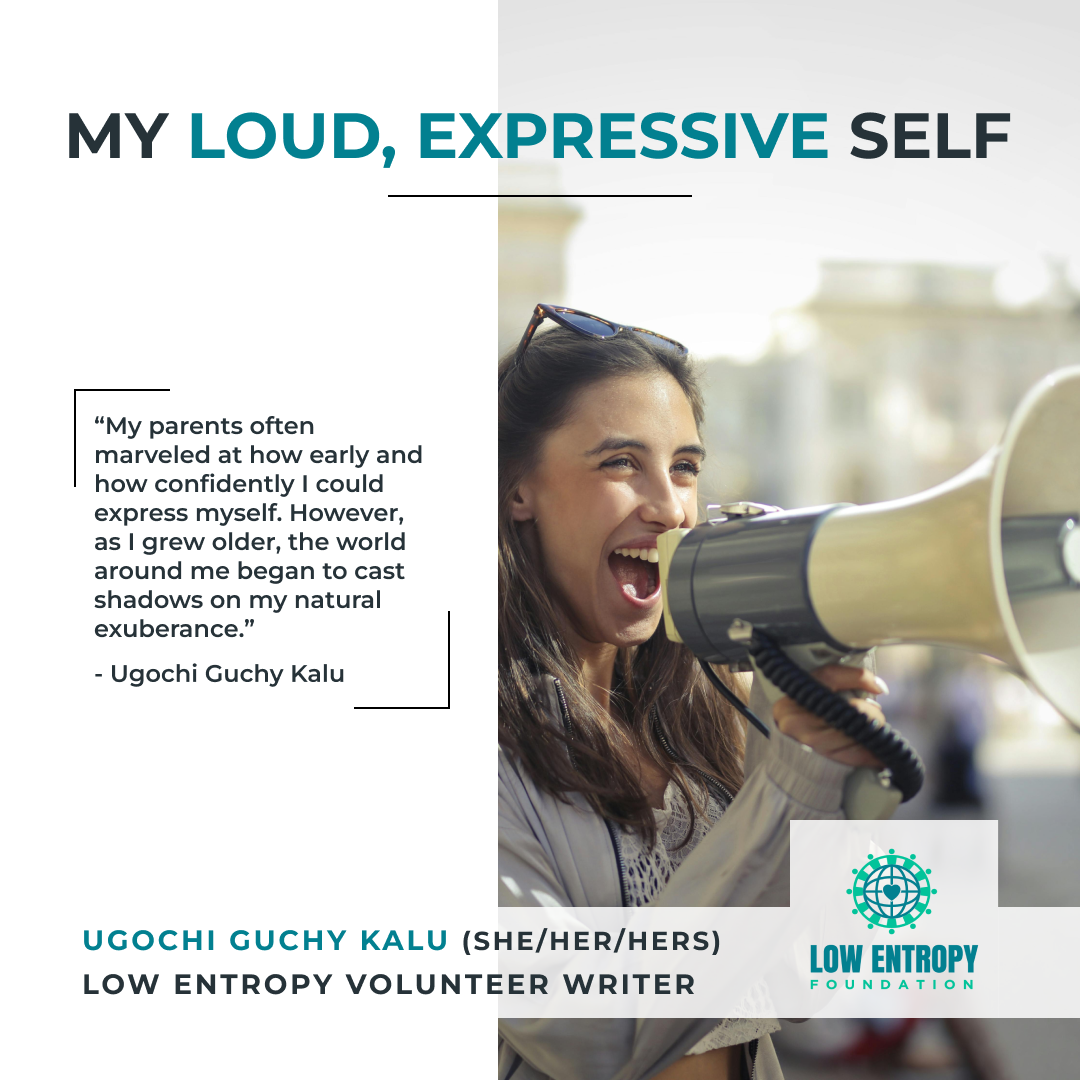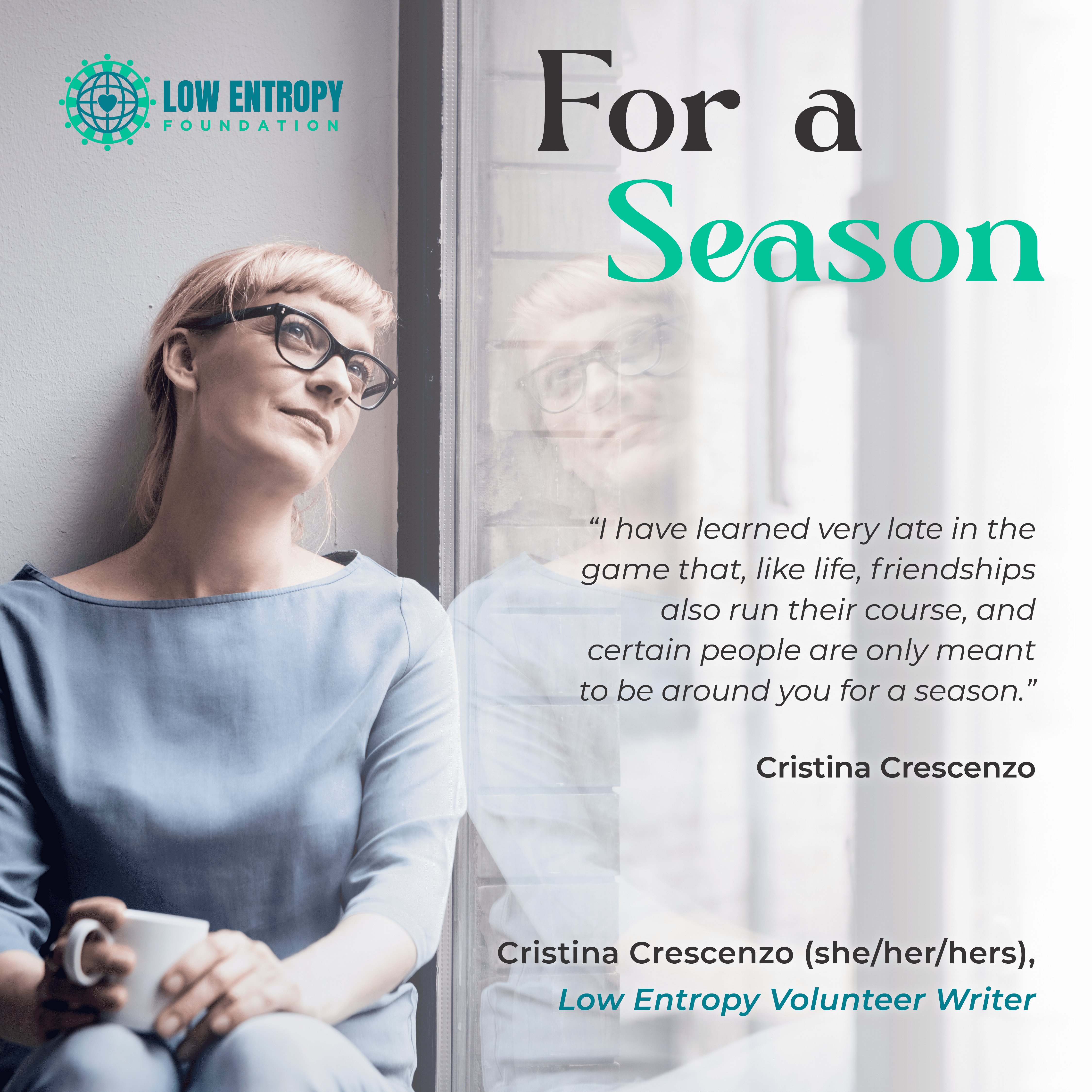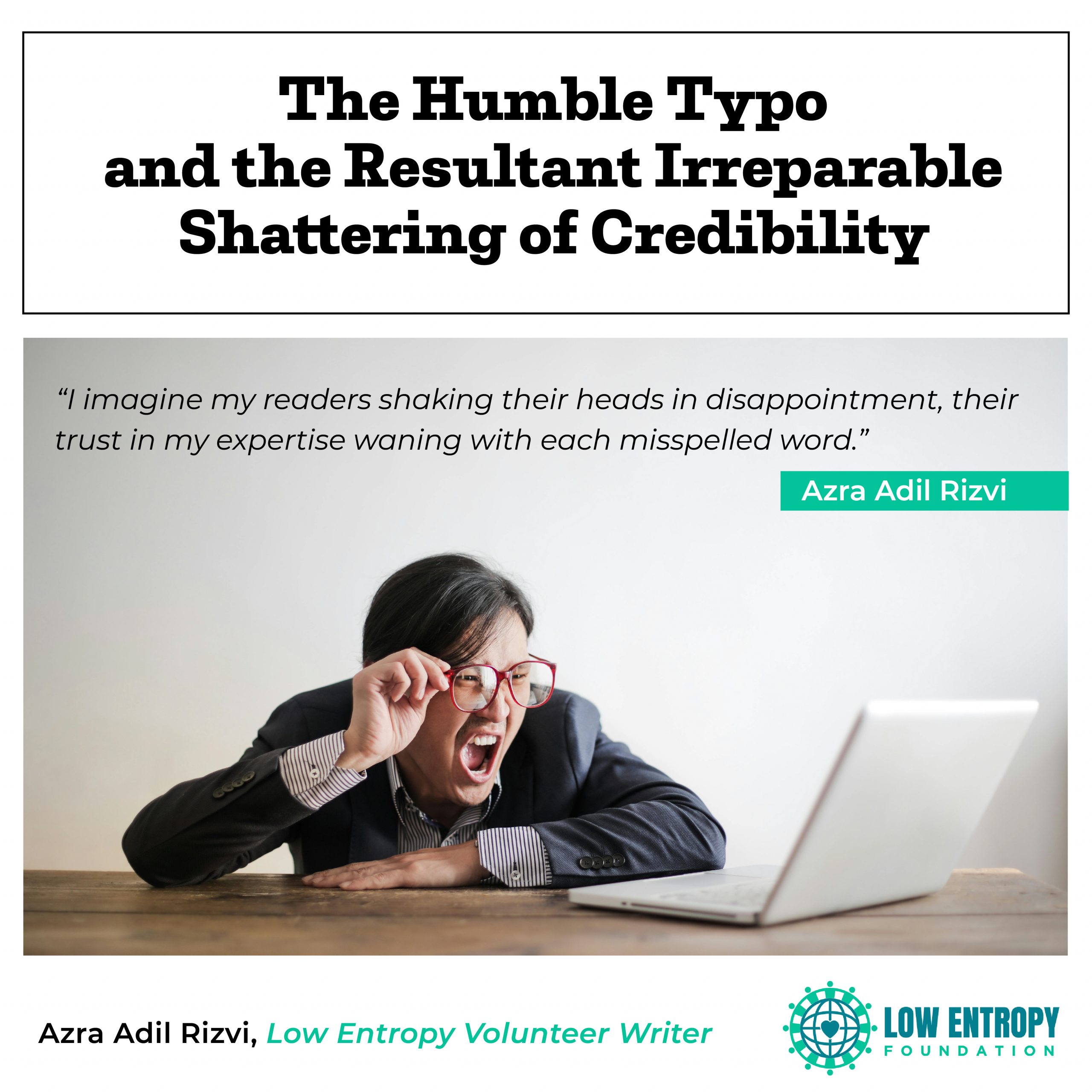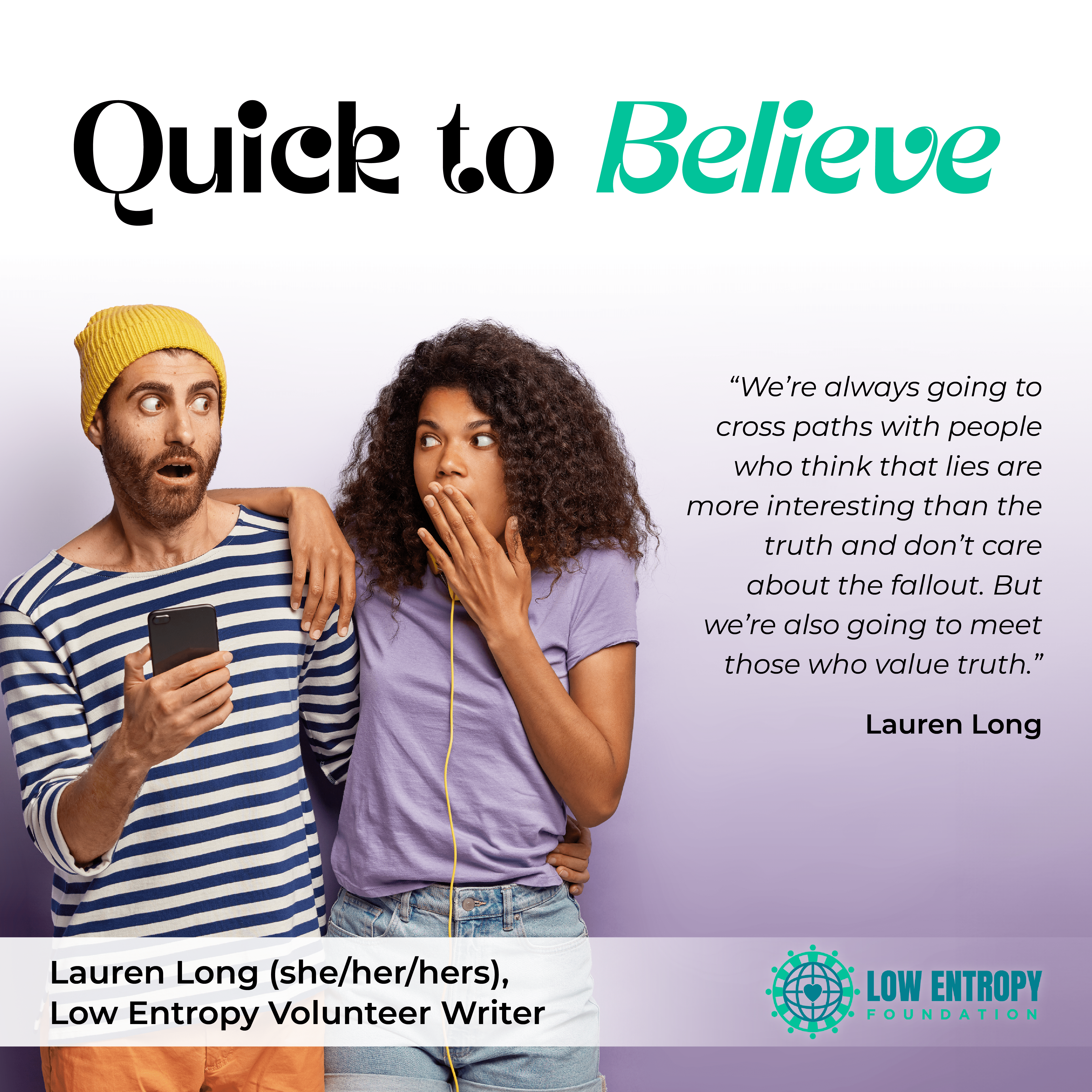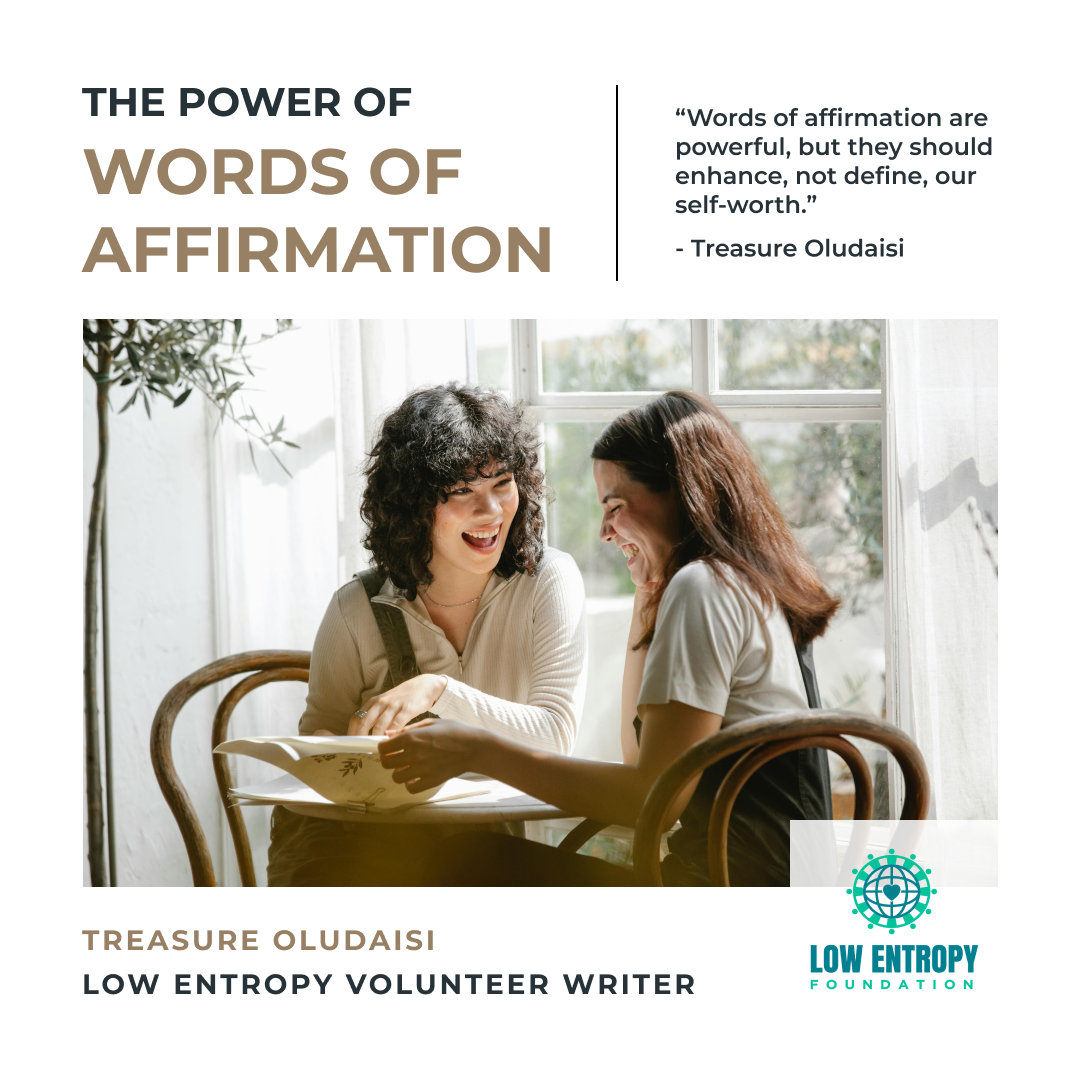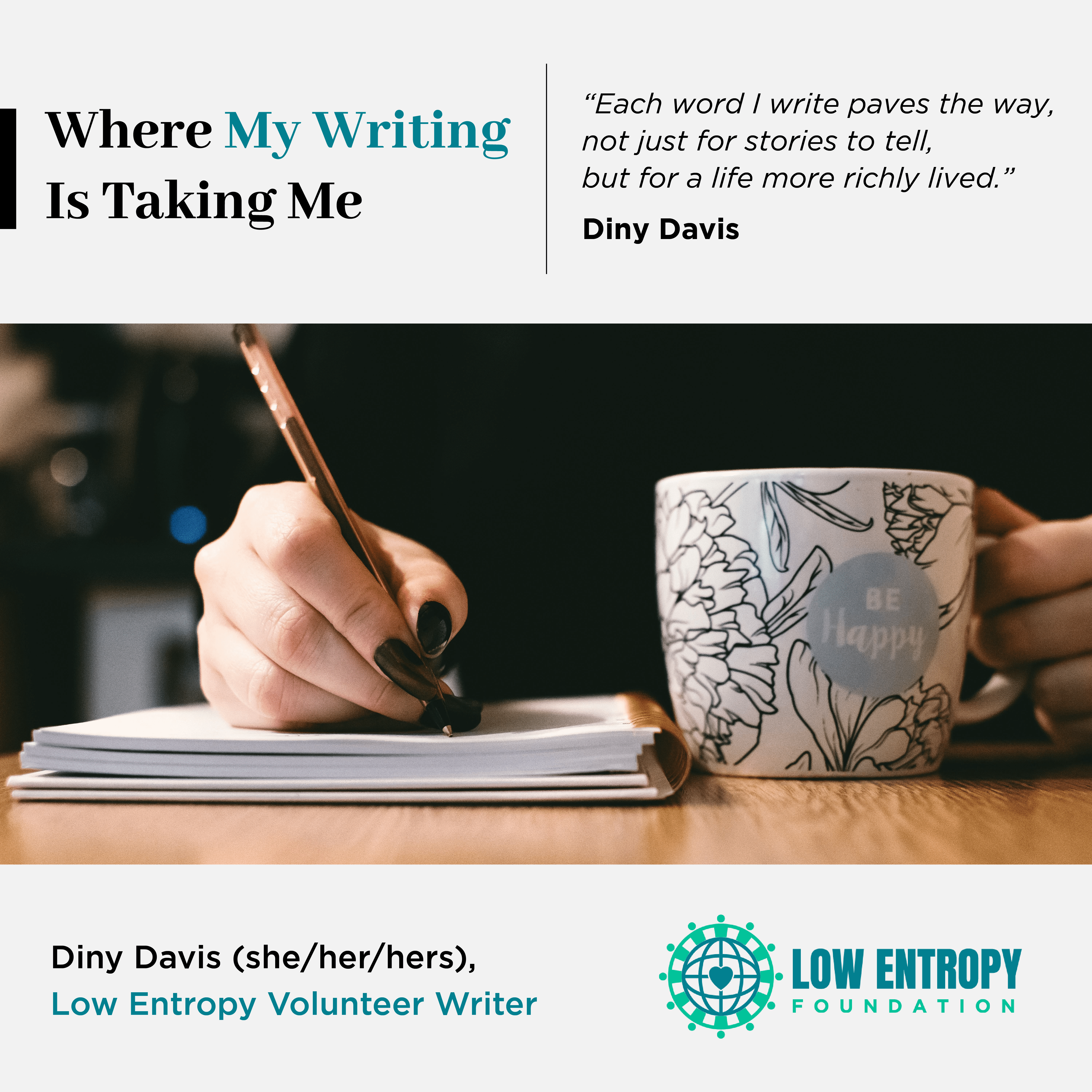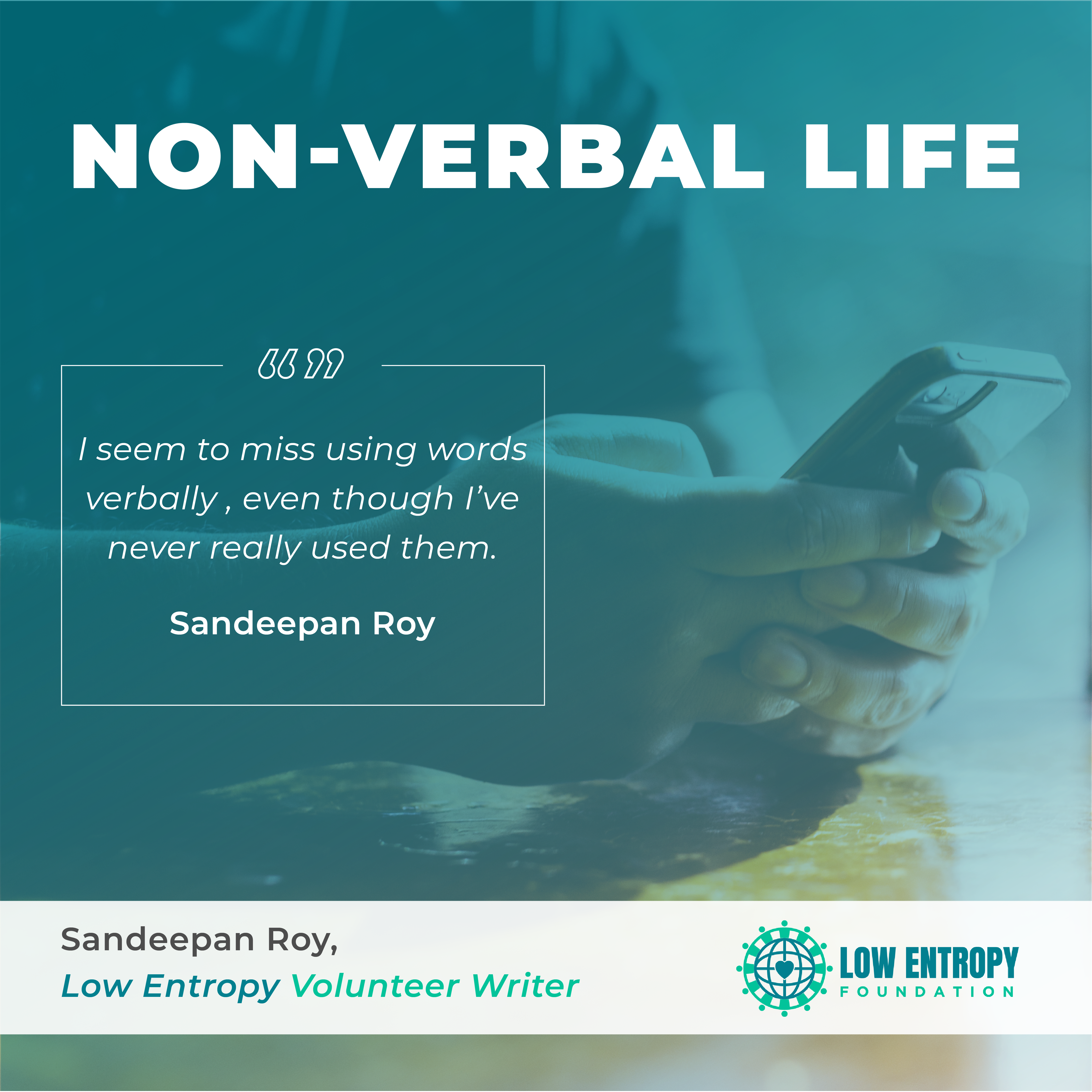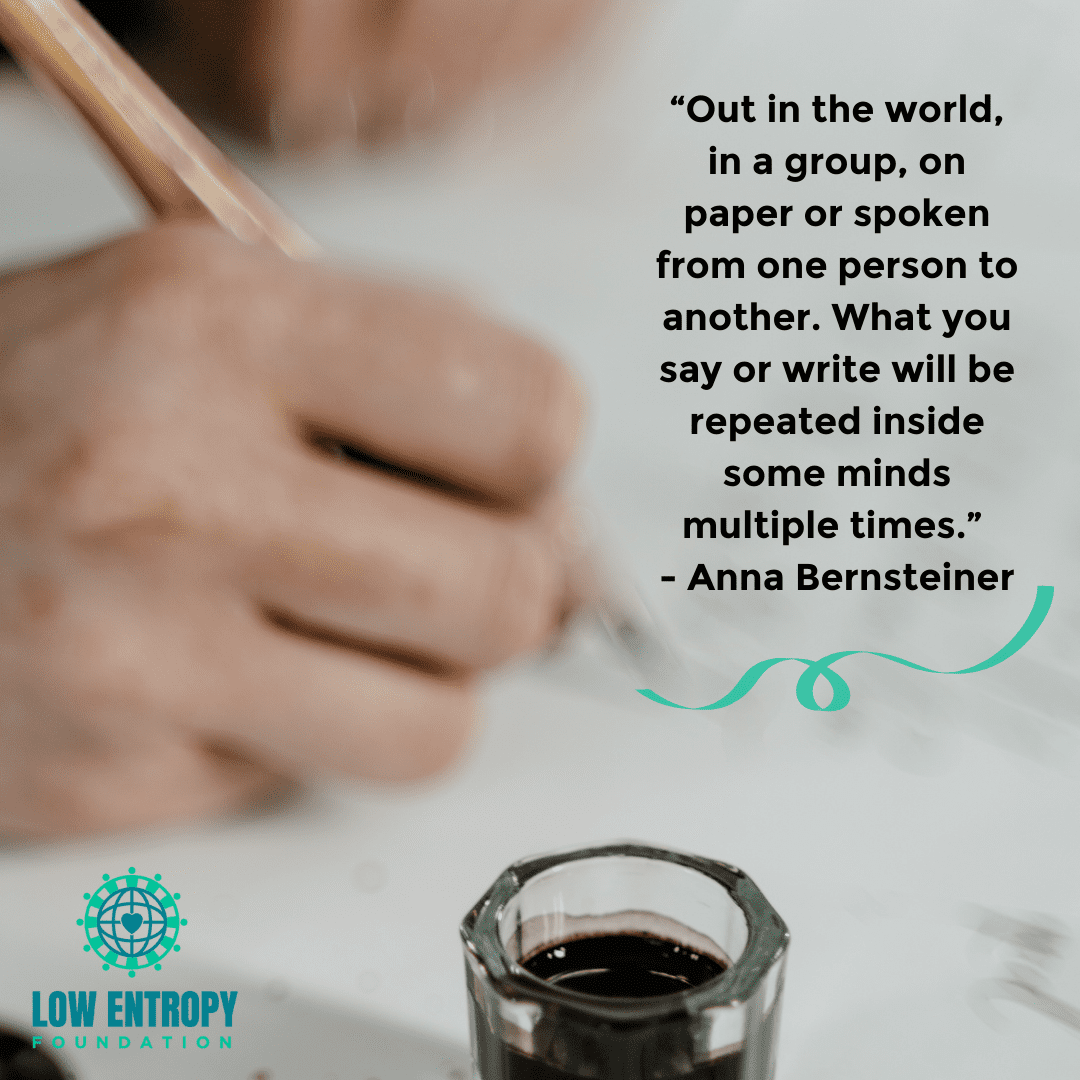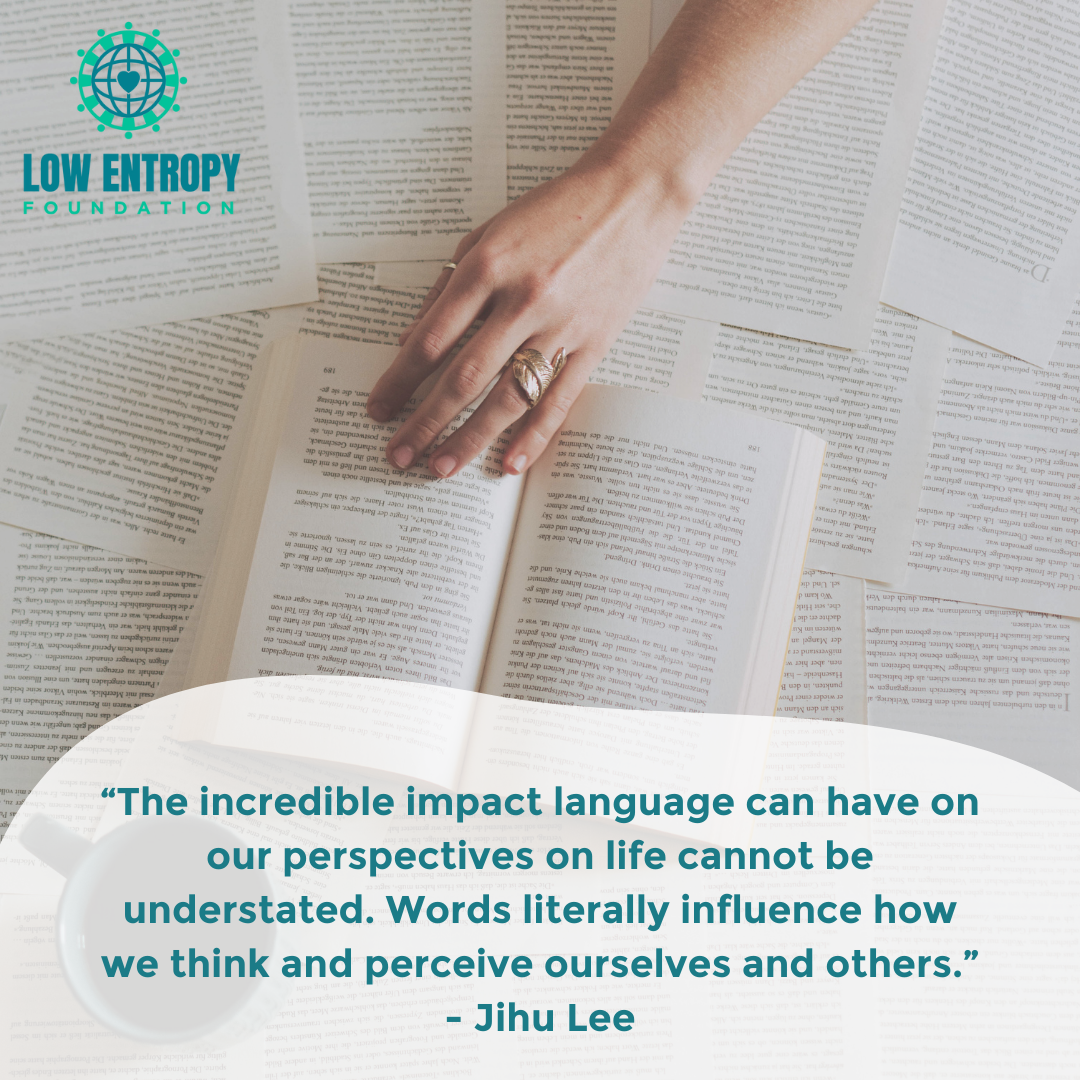Rowan Sanan (he/him/his), Low Entropy Volunteer Writer
Music is a universal language.
I’m sure many people have heard this saying before, and I’m inclined to agree. However, as a music student, poet and writer, I find that the connections between language and music are much deeper than just song lyrics or sheet music. Through ethnomusicology and sociolinguistics, we can see the importance of both language and music to each other and to greater ideas and cultures. Literature and poetry are also connected to music through rhythm, imagery, melody and phonetics, which connect languages with other musical qualities.
Here I argue that music is a universal language, but language, whether we understand it or not, can be music too.
The connections between language and music are clear in ethnomusicology and sociolinguistics. Sociolinguistics studies the connections between society and linguistics, and their influences on each other. Ethnomusicology studies music and cultures other than one’s own—immersing oneself into studying that music and how culture shapes it.
Both act as identity markers. Language and music are crucial for expressing cultural identity. Regional dialects and folk music are examples of this—different cultures create their own ways of communicating with each other, whether for entertainment or survival. Switching between these languages and dialects between different contexts is similar to how a musician might merge or expand on genres and styles to reflect their identities, like through fusion music. Similarly, using songs with language as a tool is important for language preservation. Unsurprisingly, traditional songs from various cultures can preserve entire practices and stories, all passed down through generations. For example, the ancient Greeks passed down stories verbally using poems and songs.
Social and political messages are an important connection between language and music. Protest songs and spoken word poetry have been used for a long time to address societal issues, and are often a way for marginalized communities to unite and inspire change. Blending musical styles and cultures promotes multiculturalism, breaking down the cultural barriers surrounding music and language.
Speaking of poetry and song, poems can also have musical qualities. Not only do poetic metrical patterns create a rhythmic structure like a piece of music, but rhymes and alliterations help to add a musical quality to poetry, creating pleasing patterns and emotional impact. Literary devices like repetition can also create musical emphasis on themes that evoke certain emotions. This musicality in symbolism and imagery can enhance the experience of a piece of text.
Language is a perfect way of evoking symbolism and imagery, and can create different atmospheres and emotions. This can even be achieved through musical references or the description of sounds, like the whistling of wind. Some poets and writers are also known for musicality in their work, where their prose and syntax create a melodious flow.
Language and music also share similarities when you consider phonetics. This kind of discussion gets very technical, but it’s an important part of discovering and researching the connections between language and music.
Pitch in speech—intonation—can be compared to musical notes. If you’ve ever seen those videos of someone creating a jazzy piano accompaniment to a meme or a video, this is how that would be achieved. Even without the fun accompaniment, people can use intonation to create musical sounds in their voices—for example, mimicking an accent or impression. Along with that, timbre, which is at its simplest the quality of a sound, creates distinct attributes. Individual voices, accents and dialects all sound different and can easily convey various nuances.
Calling back to that idea of rhythm from before, rhythm in speech is part of phonetics, too. The different timings of syllables and stresses within a word can be likened to musical meters. In Spanish, syllables in a word are essentially kept equal—whereas in English, different parts of certain words have more emphasis. Similarly, languages like Spanish or French are known for being spoken very quickly. These qualities give them—like different tempos in music—unique flow and comprehension. Languages also vary in intonation and prosody, which are the patterns of rhythm and sound. Rising and falling intonations can convey different intentions and emotions. Like musical phrases rising and falling, an ascending pattern might cause suspense, similar to how a rising intonation conveys a question.
The idea of emphasis also applies to music, as different meters emphasize different beats in a bar. For example, 4/4 emphasizes the first and third beats, the strongest and medium-strongest beats in the bar, unlike ¾, which only emphasizes the first beat. Of course, these points of emphasis can change—like clapping on beats two and four of a 4/4 bar in genres like rock or country.
So next time you read a piece of poetry, or hear someone speak a language you don’t understand, think of these things, these incredible connections between music and language, and how both exist more fully with the other. After all, music is a universal language, but language is music too.
—
Rowan is a university student who loves to write books and poetry, read all kinds of books and spend time with his family and pets.







